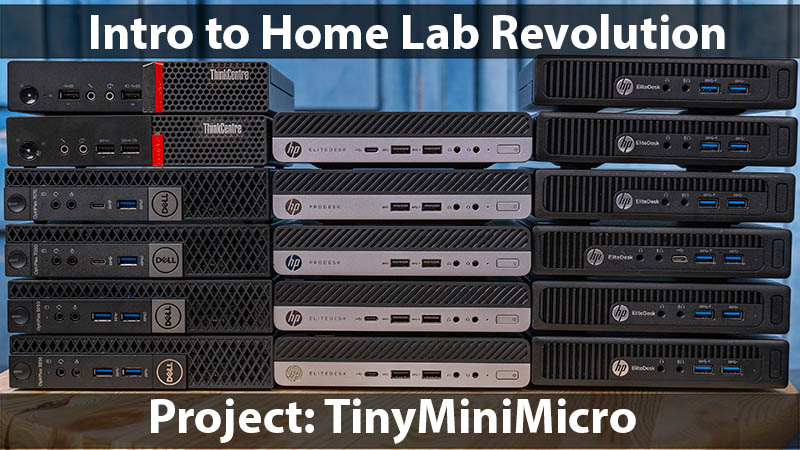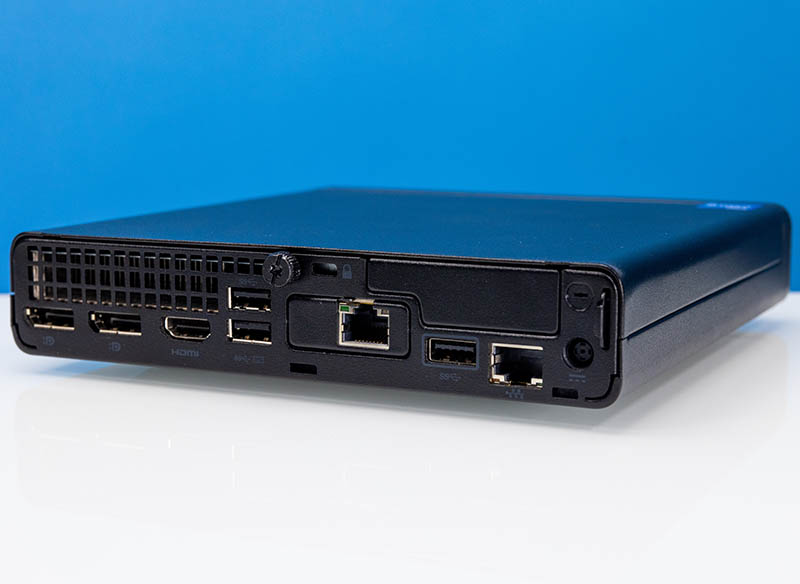Soldato
- Joined
- 5 Jun 2007
- Posts
- 9,338
- Location
- extremes.spacious.indelible
Hey all!
I'm wanting to up my knowledge of networking/cyber security/servers in general so am looking for a bit of advice
I currently have a RasberryPi 4b running a plex server, which doesn't seem to have the grunt to transcode some bits to mobiles/smart TVs, so wanting an upgrade of that, but also I want to really up my knowledge of servers/linux/networking so wanting more of a "homelab" set up so I can really start playing around with stuff.
My first thought is that just grabbing an "old server" is the way to go, but i'm not 100% confident in what i'm looking for.
Currently only have 1 x 8TB HDD for my plex server, this just stores media (TV & Movies) at the moment so while I wouldn't mind some redundancy, if I lose all this it's not the end of the world.
I do want to sort a solution for storing old photos, with redundancy and possibly an automatic sync to a cloud service (Have a Google Workspace account) if that's possible?
Would also want to get to know Active Directory, SDN and just a whole host of other Networking/CyberSec topics.
So I come to you, the faithful OcUK hivemind! I'm not necessarily looking for a straight "buy this thing," but more some gentle handle holding/guidance on what I should be looking for?
Thanks as always!
I'm wanting to up my knowledge of networking/cyber security/servers in general so am looking for a bit of advice

I currently have a RasberryPi 4b running a plex server, which doesn't seem to have the grunt to transcode some bits to mobiles/smart TVs, so wanting an upgrade of that, but also I want to really up my knowledge of servers/linux/networking so wanting more of a "homelab" set up so I can really start playing around with stuff.
My first thought is that just grabbing an "old server" is the way to go, but i'm not 100% confident in what i'm looking for.
Currently only have 1 x 8TB HDD for my plex server, this just stores media (TV & Movies) at the moment so while I wouldn't mind some redundancy, if I lose all this it's not the end of the world.
I do want to sort a solution for storing old photos, with redundancy and possibly an automatic sync to a cloud service (Have a Google Workspace account) if that's possible?
Would also want to get to know Active Directory, SDN and just a whole host of other Networking/CyberSec topics.
So I come to you, the faithful OcUK hivemind! I'm not necessarily looking for a straight "buy this thing," but more some gentle handle holding/guidance on what I should be looking for?

Thanks as always!






